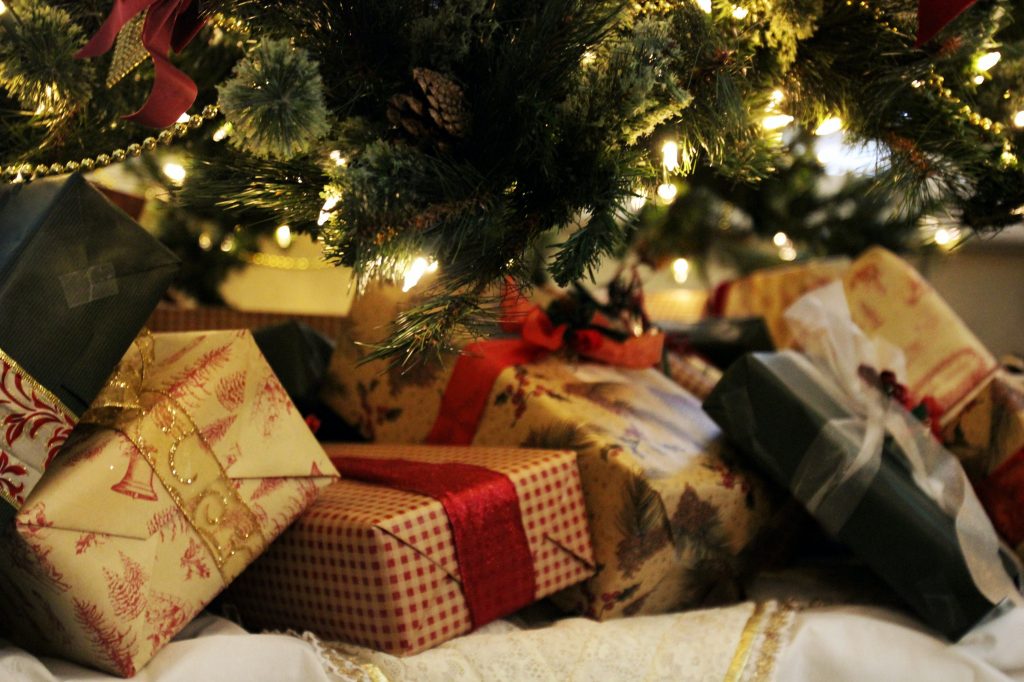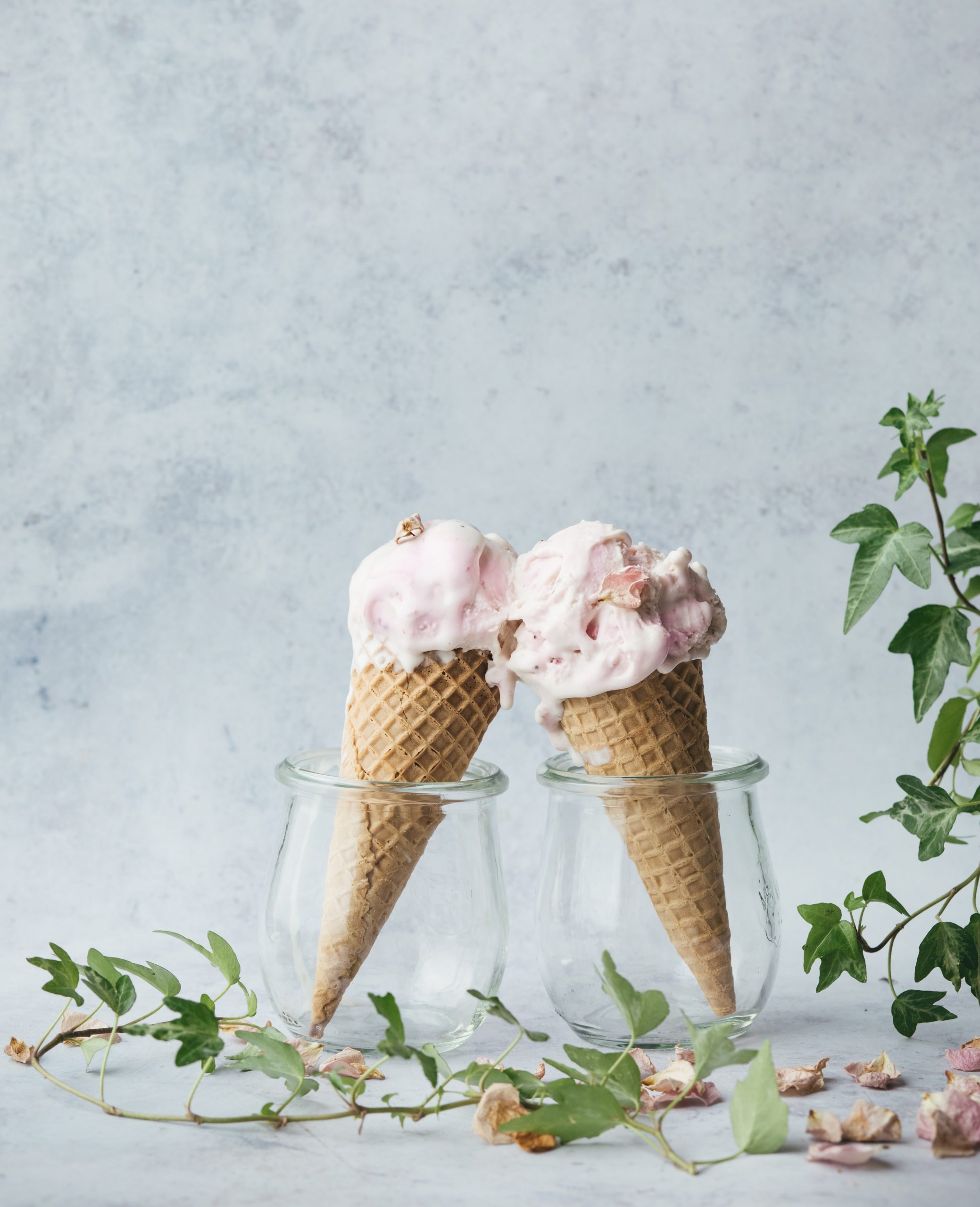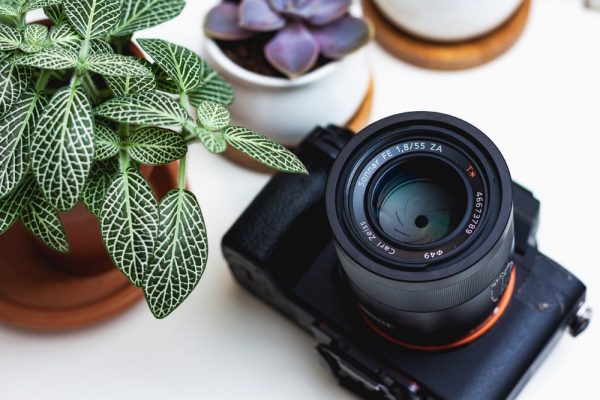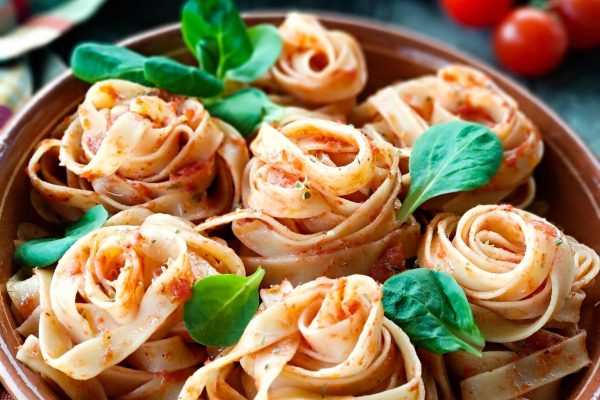The Forgotten Art of Receiving

When I was ten, my parents bought me a magic set from Hamley’s toy store in London. I couldn’t wait to start using it — I spent the entire 8–hour flight to India we took the next day relishing the thought of this impressive new skill.
Over the next few years, I was a frequent performer at family gatherings and even managed to find an enthusiastic assistant in my younger sister. The enormous red box remained a source of entertainment (admittedly more for me than for my audience) until I was ready to give it away.
What would happen if we received any gift as if it was a box full of magic?
How would we make the giver feel if we paused to fully appreciate the thought and effort they put into it?
For some strange reason, we see giving as being superior to receiving. When others suggest they might be able to help us, we tend to refuse out of politeness or to avoid feeling we are in their debt. We forget the satisfaction we grant someone by gracefully accepting what they are offering.
A few months ago, I received a lovely and thoughtful thank you note. As I read it, I realised how rarely we look someone in the eye and respond to a gift with something more sincere and considerate than a hurried ‘thanks’.
However independent we think we might be of others, we rely on people around us for everything from supplying our groceries and driving us to the airport to cutting our hair and repairing our showers. Taking the time to value these everyday gifts may be more powerful than we realise. Writer AJ Jacobs explored this by going on a journey to thank the long list of people who make it possible for him to get his cup of morning coffee (among them farmers, truckers, designers and goatherds).
While we may be unable to thank every single person contributes to our lives, we can definitely learn to express our appreciation to those around us more keenly and sincerely.
Is this even possible, you may ask, in a year that has turned everything as we knew it upside down?
The answer is yes.
What we need, more than ever, is to work towards becoming philocalists: people who find and appreciate the beauty in everything.
As a maths tutor, I know a number of lovely nine-year olds who are natural philocalists: they find joy even in the progress they make as they learn to simplify fractions. My sister is a philocalist when it comes to food — she delights in a perfectly ripe avocado and in my mom’s homemade chicken the way an art collector marvels at a Rembrandt painting. Phil Hansen became a philocalist the day he found meaning in the tremor in his hand and began using it to create unique works of art.
The next time someone gives you something, no matter how small, don’t take it for granted, complain inwardly about how it isn’t your size or immediately start to try and figure out how you will repay them.
Instead, stop and reflect on how, despite everything else that’s going on in their lives right now, they took time out of their day to make yours a little better. Imagine all the events that transpired exactly as they did so that this gift would reach you. Think about how you might use it and eventually giving it on to someone else who it might bring joy to.
As a big red box from Hamley’s taught me when I was ten, by appreciating a gift for all it is worth, you unlock magic.
To read more of my articles please visit my articles page






